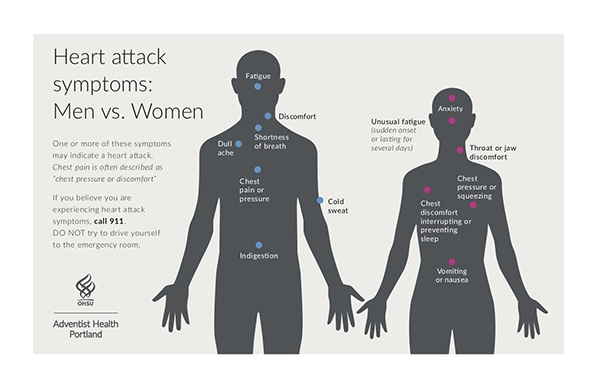Organizing your family’s health information
Nov 16, 2022

There are lots of strategies for organizing your pantry or closet, but when it comes to our family’s health records it’s easy to be overwhelmed. Taming the health records chaos can become even more complicated if you’re facing a chronic condition, caring for a loved one or if you’ve been referred to numerous specialists for care.
The benefits of an organized approach to your medical information make it worth it to face this challenge head-on. Not only will you have the peace of mind that comes from knowing everything is in its place, you’ll also be ready to fill out any necessary health histories — no more frustration when facing your child’s school forms!
Having organized medical records also helps give your healthcare provider the best picture of your overall health and wellness and can be helpful for caregivers if you need support on your health journey due to illness or age. And in an emergency, having records at the ready can mean faster, more appropriate care.
Start by gathering all your documents and records in one place, then think about these ideas as you dive in.
Organize by person, then keep it chronological
Having your toddler’s vaccination record mixed up with your latest blood test results is a recipe for confusion. Start by creating a stack for each person in your family, then organize the information chronologically with the most recent records on top. Having a clean tabletop or desk is helpful, as is having a paper shredder close by for any duplicate or unnecessary papers. Keeping a quick note (either on paper or in a spreadsheet) of the major health events from each year can help you find what you need more quickly later. This can double as a personal health history by adding additional details.
Keep only the essentials close at hand
Most doctors recommend keeping only key records from the last year close at hand. Everything else can be packed away. Items that you may want to refer to more often include:
- A family health history
- A personal health history
- Any doctor visit summaries
- Hospital discharge summaries
- Medication records (think pharmacy printouts)
- Test results
- Insurance documents related to recent medical treatment
- Legal documents, such as an advanced directive
Take advantage of online patient portals
Many health systems have made it easy for patients to access information securely online. Adventist Health’s patient portal, MyAdventistHealth, allows you to view new test results, send secure messages, read provider notes, keep a current medication list and complete forms before appointments. Best of all, it’s accessible 24 hours a day, seven days a week, so you can always have access to what you need, when you need it.
Try an online storage solution
Some digitally savvy individuals may want to store health information online using a cloud storage service to cut down on paper files. This can be done easily with a desktop scanner or scanner app on your smartphone. You can then store the documents digitally by date and type in folders for each family member, making them easy to search. If you choose this route, prioritize security and privacy. Your health records contain significant personal information, so you want to make sure they stay safe.
Consider one family medicine provider for everyone
This may not help you with your past medical information, but it could be a solution moving forward, especially for those in the “sandwich generation” supporting the health of their growing children and aging parents at the same time. Family medicine providers can treat everyone from busy preschoolers to loving grandparents and everyone in between, giving you one medical home for most of your family’s healthcare needs. Having one provider who is familiar with everyone’s health journey can reduce the time spent explaining your concerns and chasing down information later.
Find an Adventist Health family medicine provider near you to get started.


